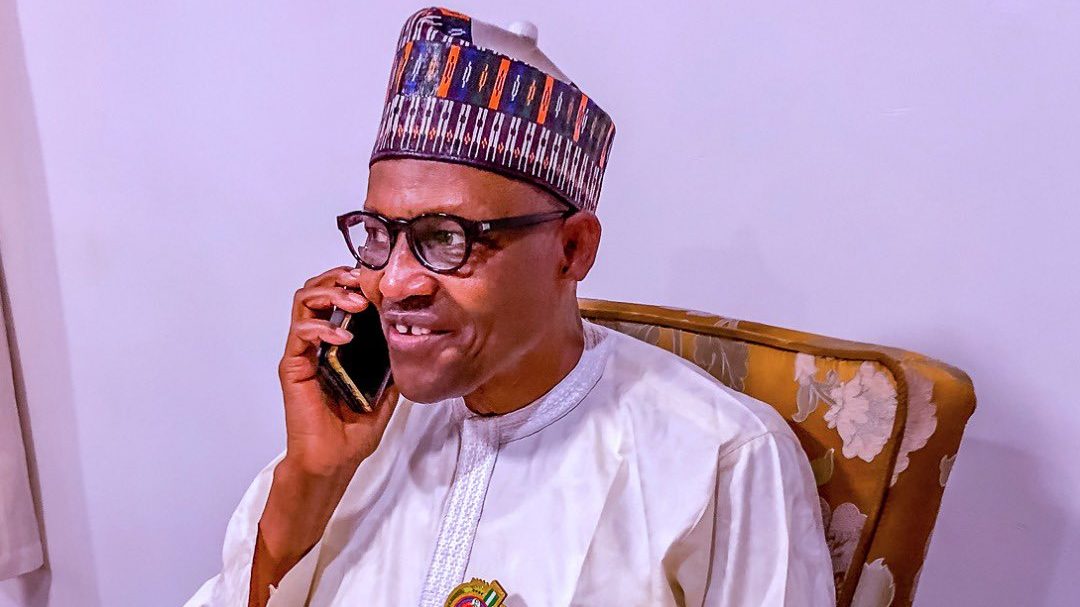
•FG won’t keep postponing data verification deadline, NCC warns
President Muhammadu Buhari, yesterday, declared that synchronisation of National Identification Numbers (NINs) nationwide was crucial to providing digital framework to combat insecurity and strengthen the economy.
Launching the National Policy for the Promotion of Indigenous Content in Nigerian Telecoms Sector and Revised National Identity Policy for SIM Card Registration in Abuja, the President urged citizens to fully participate in the ongoing exercise.
This is even as the Nigerian Communications Commission (NCC) warned that government would not continue postponing the deadline for NIN-SIM data verification. It urged Nigerians to take advantage of the latest extension to finalise the exercise.
Director, Consumer Affairs Bureau in the commission, Efeosa Idehen, gave the warning, yesterday, at the Telecom Consumers Conversation, which held at Garki international Market, Abuja, stating that it would get to a time when operators would be directed to cut off unlinked lines.
Continuing, the President said proper identification of Nigerians and legal residents as well as the ability to conveniently access a database would provide impetus for better planning and security oversight.
His words: “The NIN will cover one of the weaknesses in our security structure. We will be able to easily identify and know the personality of Nigerians. We will identify people easily, including the crooks.”
The Nigerian leader pointed out that the project would support efforts to enhance security and develop the economy.
“NIN is the foundational digital ID for the country. Both Nigerian citizens and legal residents are expected to obtain the special number. It will provide access to government services and give government useful insights that would enable us to utilise scarce resources in a more efficient way,” he added.
The President noted that the first national SIM policy was launched in February 2020, adding that the revised policies were in full alignment with the objectives of his administration in the areas of economic development, security and anti-corruption.
“The digital economy sector has made significant progress and recorded a number of unprecedented achievements since we expanded the mandate of the Ministry of Communications,” Buhari added.
“The Information and Communications Technology (ICT) sector was the fastest growing in both the fourth quarter of 2020 and the entire year 2020, based on the report by the National Bureau of Statistics,” he said.
Buhari stated that the digital economy sector provided online options for activities that were hitherto restricted to offline channels, while minimising the disruption to activities of both public and private sectors besides reducing cost of meetings.
He submitted that the new policy was in line with the current administration’s commitment towards ensuring that Nigerians become active participants in the different sectors of the economy.
The President pointed out that there have been several futile attempts to promote the use of digital identity in the past.
“Previous attempts have been unsuccessful due to a number of reasons, including sabotage. Our focused approach shows that this administration is dedicated to ensuring that we derive the benefits of a secure and robust digital identity system,” he clarified.
In his remarks, the Minister of Communications and Digital Economy, Dr. Isa Pantami, observed that it was possible to have virtual identity cards that could be used in various transactions, pledging that the NIN and SIM card registration would cover 99.9 per cent residents.
He added that the buoyancy of the telecoms sector had given Nigeria many leadership roles in international organisations, listing the impact on education, training, health and welfare of many, including the establishment of 600 computer centres and a world class SIM card manufacturing company in the country.



